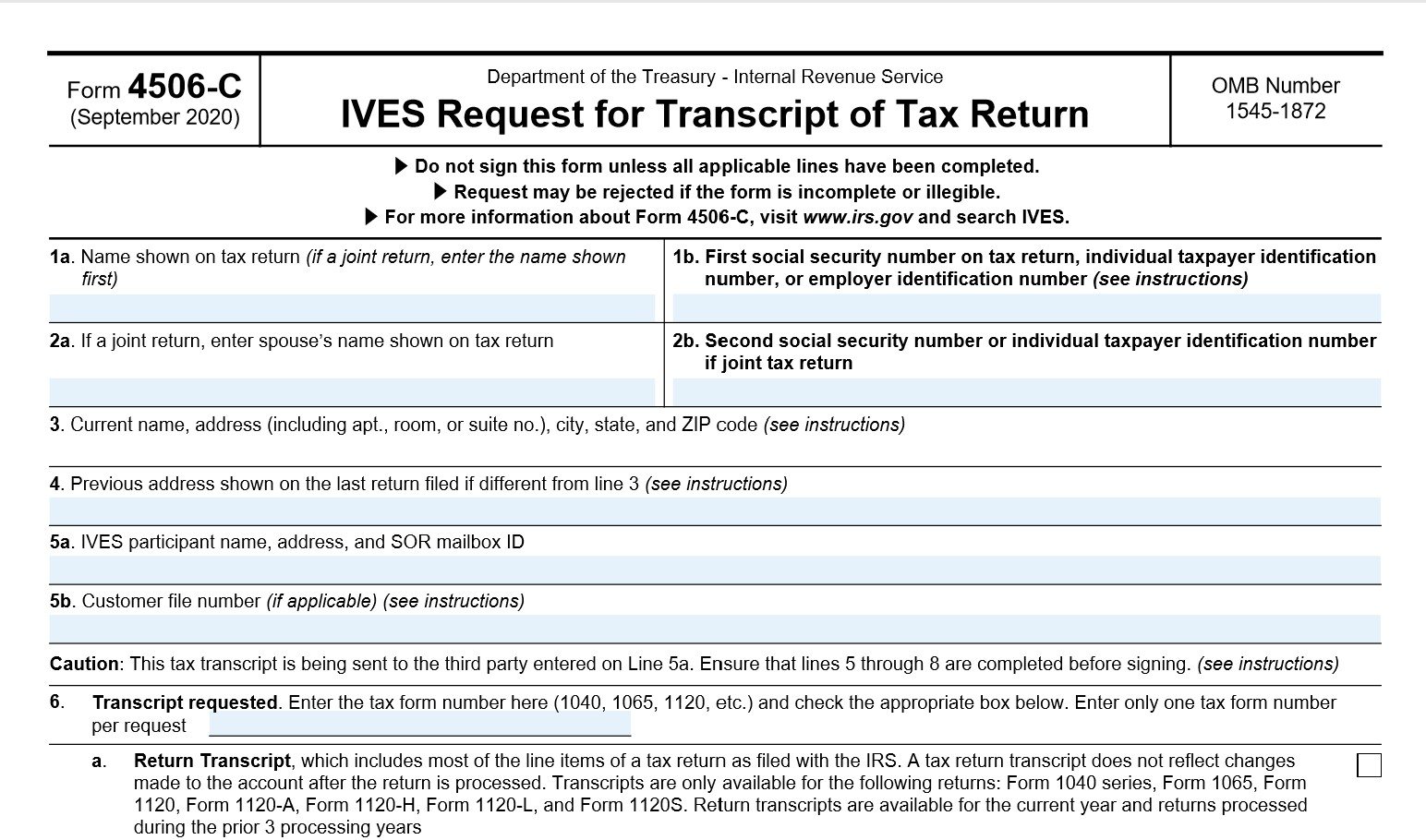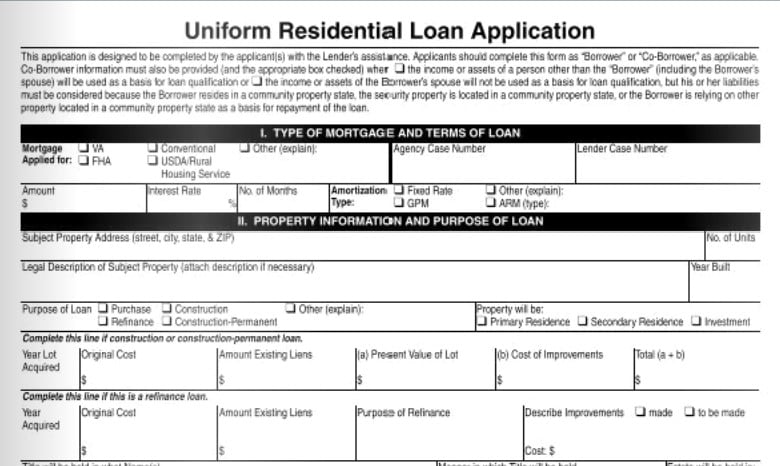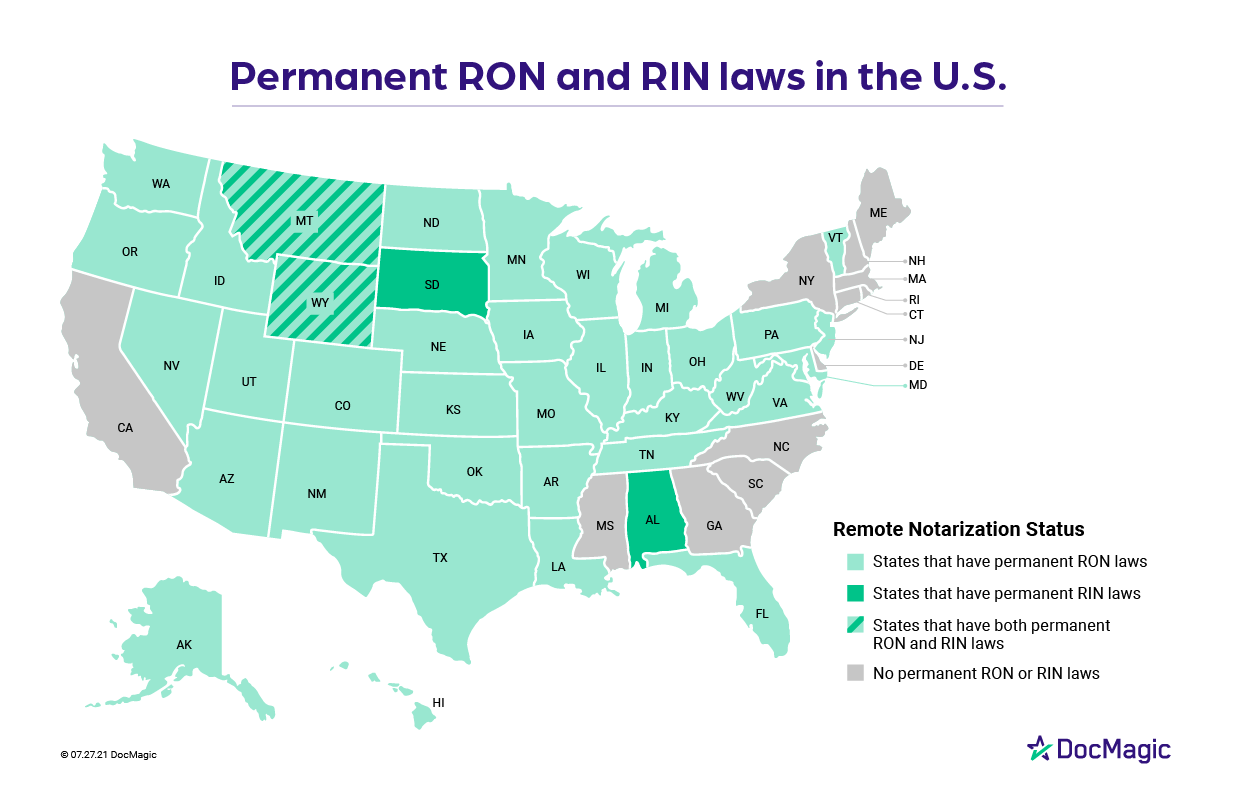3 reasons why underwriters haven't jumped on the RON bandwagon
Even as demand for remote online notarization (RON) grows, underwriters and settlement agents are hesitant to fully embrace it. They have some good reasons why.
Jason Nadeau, the chief digital officer at Fidelity National Financial, discussed those reasons during DocMagic’s May 27 webinar, “Road-Tested eClosing Strategies for Today.”
REASON 1: The fog of RON
As coronavirus-related social distancing orders came down in March and April, states issued a flurry of temporary emergency orders to allow remote notarizations. Every day it seemed like a different state or governor would issue a new rule, "and then everything would be out the window, you’d start all over again with what our requirements are,” Nadeau said. "So one of the big complexities right now is just that shifting landscape."
Click here to watch a free recording of the May 27 webinar.
Another impediment to RON is that not every stakeholder accepts it. Even if a state has a permanent RON law, that doesn’t mean that a county recorder or lender will accept a RON closing. Nadeau said the lack of answers has put underwriters and settlement agents in wait-and-see mode.
“It’s like the fog of war,” he said. “It’s too confusing, there are too many variables, there’s not enough certainty.”
REASON 2: The potential for wire fraud
“COVID has blown up wire fraud,” Nadeau said. “Once we started moving everybody from checks to wires, wire fraud exploded significantly over the last couple weeks.”
The issue became worse after companies began requiring employees to work from home. Fintech company FundingShield reported at a April 23 webinar hosted by the Mortgage Brokers Association that during the first two weeks of the COVID-19 outbreak, they saw a 62% increase in various types of wire fraud attempts, such as incorrect and altered wire instruction, phishing attempts, and more.
The American Land Title Association announced that it's taking protective measures during the pandemic to increase education about real estate wire fraud, while the FBI recently warned of increased fraud risk due to more people using mobile banking apps during the pandemic.
REASON 3: RON hasn't survived a court challenge—yet
Underwriters always consider the risk to title. Settlement agents are passionate about home ownership, Nadeau said, and “we never want to put somebody in a home where the chances of them owning that home are at risk because of some technicality around the transaction.”
“Sometimes I get in conversations with people in the industry that say, ‘But this is legal' … Absolutely true,” he said. “And sometimes what’s legal is not what’s acceptable.”
So while RON laws are on the books in nearly half the states, underwriters are still wary because the practice hasn’t been legally challenged. Many want another company to be the first to insure RON transactions, defend them in court, and then win and set precedent. Nadeau likened it to being on a SWAT team: “You just don’t want to be the guy who’s first through the door.”
Yet the RON future is still rosy
Despite the risk and complexity of RON, Nadeau believes the industry will eventually agree upon a standard RON model and expects that adoption by lenders, county recorders, and other stakeholders will rise. Over the last few months he says he’s seen hundreds of agents get set up for RON.
Additionally, the risk appetite has changed. Before the pandemic, one reason underwriters demurred was because they questioned whether they’d actually conduct that many RON transactions, or whether the risk was worth the potential revenue.
“Now what COVID has brought is, people really want to do this, and there’s going to be demand for this,” Nadeau said. “All of a sudden now there’s revenue tied to it, so there’s reward with that risk, and that’s really changed the scales for underwriters to think about it.”
See Related Content:
Let us digitally transform your mortgage process for increased efficiency and ROI. See how by scheduling a demo today.
Topics from this blog: Remote Online Notarization
BackSearch the Blog
- Recent
- Popular
- Topics










List By Topic
- Compliance (100)
- eClosing (85)
- eSign (71)
- Awards (70)
- Integrations (57)
- Industry Publications (52)
- Total eClose (44)
- eNotes (33)
- Remote Online Notarization (31)
- Document Generation (30)
- eDisclosures (25)
- GSEs (18)
- eVault (18)
- eNotary (16)
- SmartCLOSE (13)
- LoanMagic (12)
- eDelivery (11)
- Philanthropy (8)
- Partnerships (7)
- AutoPrep (3)
- Industry Insight (3)
Subscribe Here
Download the Truliant Federal Credit Union Case Study
Truliant took several key steps to refine its 100% digital eClosing process — including finding the right technology partner.
